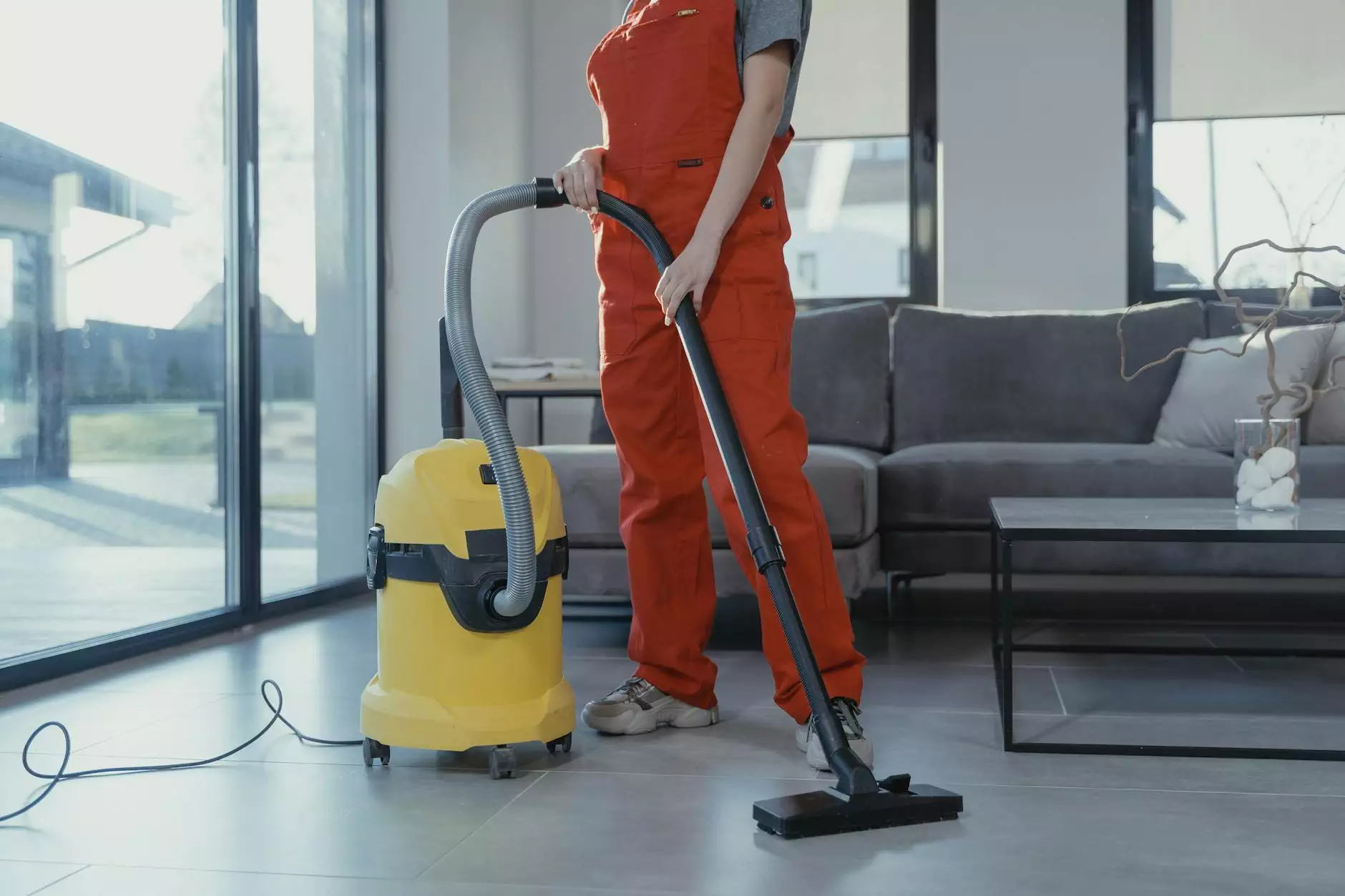Expert Swimming Pool Servicing: Your Guide to a Pristine Pool

Swimming pool servicing is more than just a chore; it’s an essential part of pool ownership that ensures your water remains clean, safe, and enjoyable. A well-serviced pool enhances the aesthetics of your backyard, offers relaxation, and provides a safe environment for family and friends. In this comprehensive guide, we delve into the importance of swimming pool servicing, highlight the key aspects of regular maintenance, and discuss how to keep your pool in top condition.
The Importance of Swimming Pool Servicing
Owning a pool is a luxury, but it also comes with responsibilities. Regular swimming pool servicing helps prevent a variety of issues, from water quality problems to structural damages. Let’s review the top reasons why regular servicing is crucial:
- Health and Safety: Clean water reduces the risk of waterborne illnesses. Proper chemical balance is crucial to prevent bacterial growth and algae proliferation.
- Longevity of Equipment: Regular servicing protects pumps, filters, and heaters from wear and tear, extending their lifespan.
- Beautiful Aesthetics: A well-maintained pool remains inviting, allowing you to enjoy gatherings and leisure time.
- Compliance with Regulations: Many local authorities require regular maintenance checks.
- Cost Savings: Preventive maintenance can save you money by avoiding costly repairs or replacements.
Key Components of Swimming Pool Servicing
To ensure your pool remains in pristine condition, there are several critical components to consider during swimming pool servicing. Each part of the process plays a vital role in maintaining optimal performance:
1. Water Chemistry Testing
One of the primary tasks in pool servicing is to test the water chemistry. The key parameters to monitor include:
- pH Levels: Ideal levels should be between 7.2 - 7.8. Regular adjustments can mitigate skin irritations.
- Chlorine Levels: Maintaining appropriate chlorine levels (1-3 ppm) keeps the water sanitized.
- Alkalinity: Total alkalinity should be between 80-120 ppm, stabilizing pH changes.
- Calcium Hardness: Targets should be around 200-400 ppm to prevent scaling or corrosion.
2. Cleaning the Pool
Regular cleaning removes debris, dirt, and algae from your pool, making it safe for swimming. Cleaning tasks should include:
- Skimming: Daily removal of leaves and debris on the water’s surface.
- Brushing: Scrubbing the tiles and walls prevents algae buildup.
- Vacuuming: Regularly vacuum the pool floor to remove settled particles.
- Filter Maintenance: Check and clean filters as required to ensure efficient function.
3. Equipment Inspection
Your pool’s mechanical systems should be checked regularly. Inspect the following equipment:
- Pumps: Ensure they are operating smoothly and efficiently.
- Filters: Clean or replace filters based on the manufacturer’s guidance.
- Heaters: Regular checks prevent overheating and inefficiencies.
Seasonal Swimming Pool Servicing
The seasons change, and so do the needs of your pool. Here’s how to conduct seasonal swimming pool servicing:
Spring Opening
After the winter months, you’ll want to:
- Remove any debris covering the pool.
- Inspect and reassemble equipment, ensuring they are free from damage.
- Shock the pool to eliminate any hidden contaminants from winter.
- Check the water chemistry and adjust accordingly.
Summer Maintenance
During summer, frequent usage translates to more frequent servicing:
- Test and adjust water chemicals weekly.
- Clean the pool more frequently to combat leaves and dirt.
- Inspect water level regularly and top off as necessary.
Fall Closing
Preparing your pool for winter ensures it is protected:
- Thoroughly clean the pool and remove all debris.
- Lower the water level to prevent freeze damage.
- Add winter chemicals to maintain water quality during the off-season.
- Cover the pool securely to keep it clean and safe.
Professional Swimming Pool Servicing vs. DIY
With the option to service your pool yourself or hire professionals, it’s essential to weigh the benefits of each:
Benefits of Professional Servicing
- Expert Knowledge: Professionals are trained to identify and address issues efficiently.
- Access to Equipment: They have access to specialized tools for deep cleaning and repairs.
- Time-Saving: Allows you to enjoy your pool rather than spend hours maintaining it.
DIY Servicing Advantages
- Cost-Effective: Performing maintenance reduces professional service costs.
- Personal Control: You have complete oversight of your pool care.
- Learn Skills: DIY servicing builds knowledge and skills in pool maintenance.
Choosing a Pool Service Provider
If you opt for professional swimming pool servicing, it’s crucial to select a reputable service provider. Here are tips for choosing the right one:
- Research: Read reviews and ask for recommendations from friends or family.
- Certifications: Ensure the company holds necessary licenses and certifications.
- Services Offered: Confirm they provide all the services you require, from regular maintenance to emergency repairs.
- Transparent Pricing: Look for a service that provides clear estimates and no hidden fees.
Conclusion
In conclusion, swimming pool servicing is an essential aspect of pool ownership that ensures health, safety, and enjoyment for you and your loved ones. Regular maintenance not only keeps your pool looking beautiful but also extends the lifespan of your equipment and enhances the overall swimming experience. Whether you opt for DIY servicing or professional help, understanding the importance of pool maintenance will help you to make informed decisions, leading to a pristine pool year-round.
For expert assistance, consider visiting poolrenovation.com. Explore their services in swimming pools and water heater installation/repair to ensure your pool remains a source of relaxation and fun.









